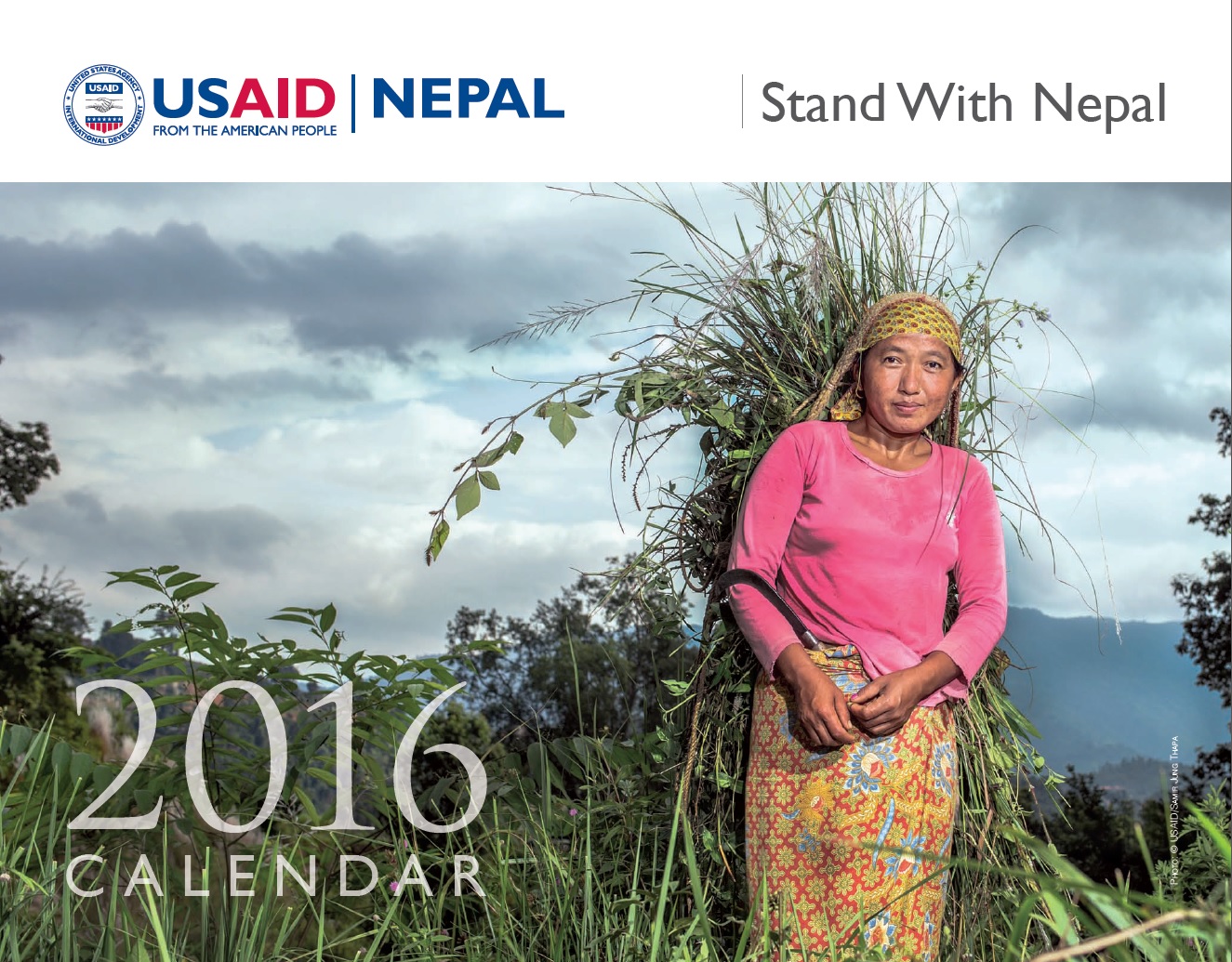In Nepal, USAID is reducing the adverse impacts of climate change and threats to biodiversity. Building on a successful community forestry program that engages 35 percent of Nepal’s total population, USAID strengthens the ability of local communities to take ownership of their resources and manage them according to international standards. USAID also helps local governments to develop plans to overcome or adapt to climate change risks.
The Hill Maize Research Program is improving food security and increasing the incomes of 50,000 farm households—particularly poor and disadvantaged rural families—in 20 remote hill districts of Nepal where maize is a primary stable crop.
Today, the U.S. Agency for International Development (USAID) commemorated its almost three-year partnership with the Government of Nepal and the private sector to foster economic growth and improve food security. Since 2010, this partnership, through the USAID-funded Nepal Economic, Agriculture, and Trade (NEAT) Project, has sought to improve the country’s business environment; strengthen fiscal and trade policies; encourage competitiveness and exports of tea, ginger, lentils, and coffee; enhance food security; and increase access to financial services.
Today, the U.S. Agency for International Development (USAID) commemorated its almost three-year partnership with the Government of Nepal and the private sector to foster economic growth and improve food security.
The Government of Nepal's (GoN) Ministry of Agricultural Development (MOAD), the Ministry of Health and Population (MOHP), the U.S. Agency for International Development (USAID), and the World Bank launched two new food security initiatives in Nepal: the Knowledge-based Integrated Sustainable Agriculture and Nutrition Project (KISAN and the Agriculture and Food Security Project (AFSP). The projects will work in the west, mid-west, and far-west regions of the country.











Comment
Make a general inquiry or suggest an improvement.